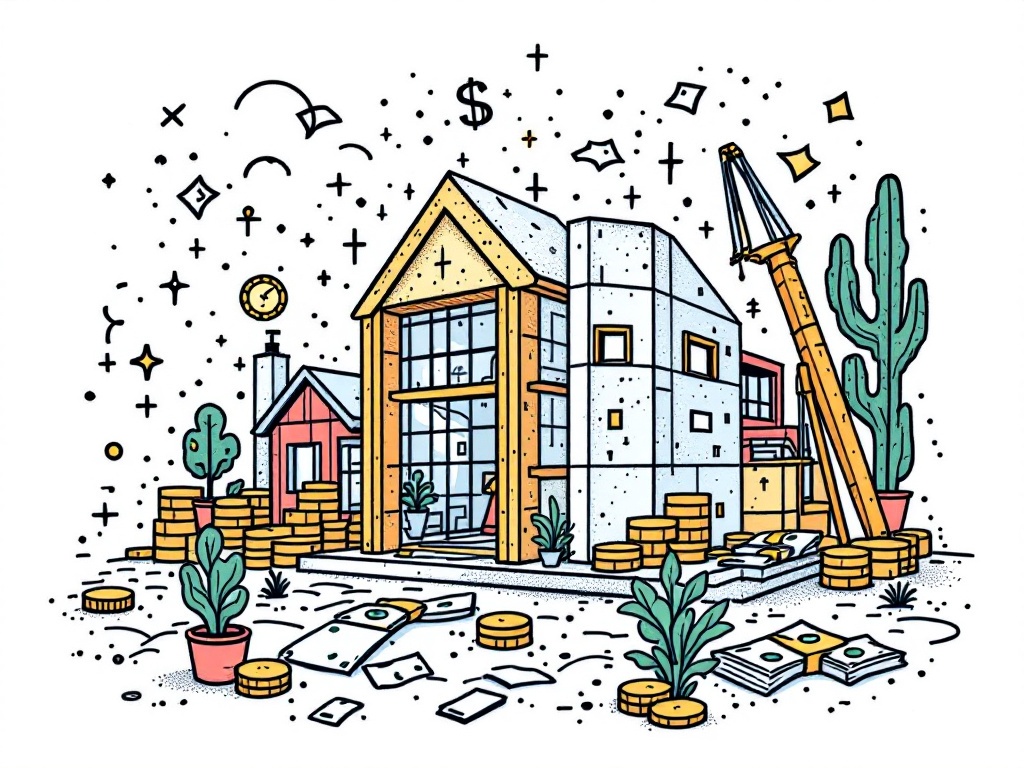Energy-Efficient Construction Fuels Insulated Concrete Form Market Boom

Global, Friday, 12 September 2025.
The insulated concrete form market is set to double its value by 2031 due to rising demand for sustainable construction and energy efficiency.
Global Growth Projections
The global insulated concrete form (ICF) market is projected to experience significant growth, with its value expected to increase from approximately USD 0.9 billion in 2022 to USD 1.8 billion by 2031. This represents a compound annual growth rate (CAGR) of 5.8% [1]. The expansion is driven by rising demand for energy-efficient construction and sustainable building practices, supported by government initiatives promoting green construction [1].
Regional Initiatives and Developments
In the United States, several key developments have occurred in 2025, illustrating the industry’s momentum. Nudura launched a next-generation ICF system in July 2025, boasting enhanced thermal resistance, which is being adopted for green construction projects across the country. Additionally, Fox Blocks invested USD 75 million to expand its manufacturing facilities in Nebraska, increasing production capacity by 40% [1]. BuildBlock’s partnership with U.S. homebuilders has demonstrated a reduction in energy consumption by up to 60% in affordable housing projects [1].
Japan’s Adoption of ICF Technology
Japan has also seen notable strides in the adoption of ICF technology. Asahi Kasei Construction Materials introduced lightweight ICF blocks in July 2025, which improve seismic resilience and thermal performance for urban housing. Taisei Corporation invested in ICF-based solutions for commercial complexes in June 2025, enhancing structural durability in earthquake-prone regions. Sekisui House’s collaboration with local governments to promote ICF in sustainable housing aligns with Japan’s energy-efficiency targets [1].
Economic and Environmental Impact
The growth of the ICF market is closely tied to broader economic and environmental impacts. By reducing energy consumption, ICFs contribute to lower operating costs for buildings, which is crucial in the context of rising energy prices and increased demand for sustainable solutions [1][4]. Furthermore, the use of ICFs supports global efforts to decrease carbon emissions, aligning with international sustainability goals [4].